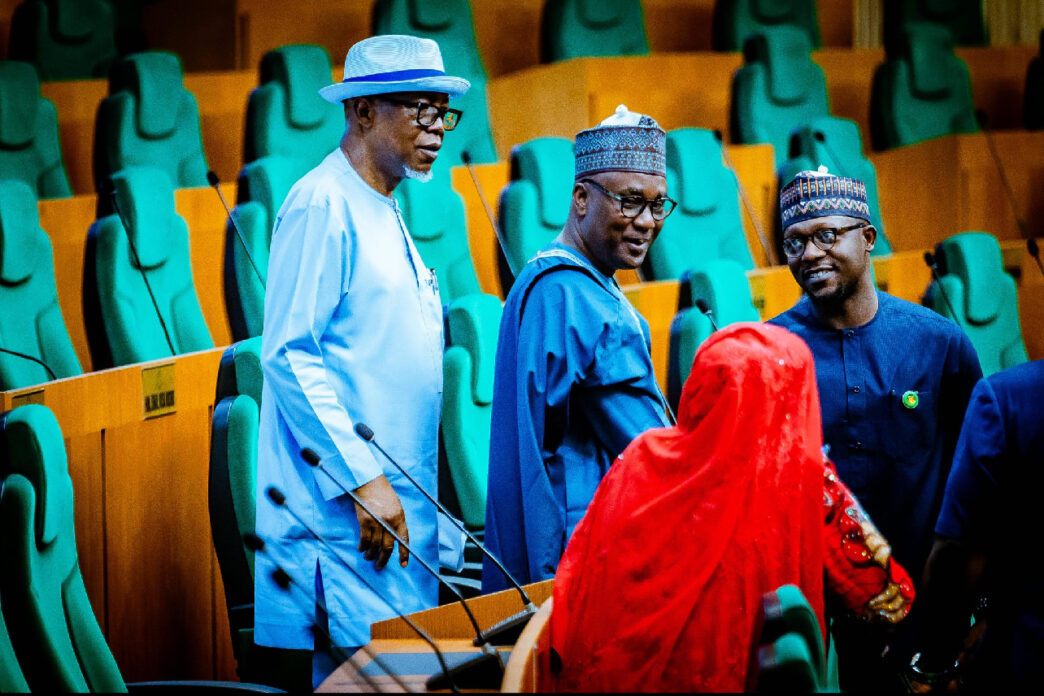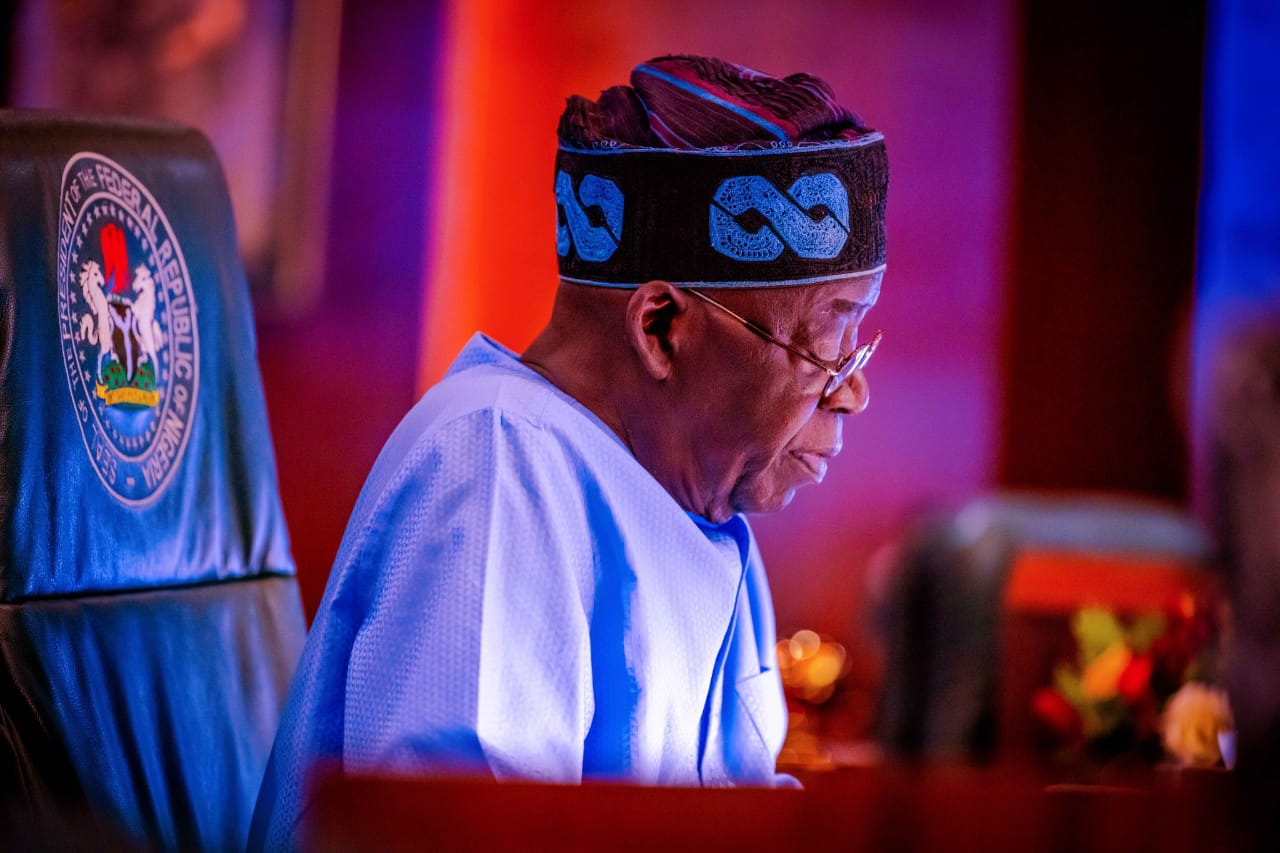A bill seeking a minimum of 15% female representation in the armed forces has passed its second reading at the House of Representatives.
Gatekeepers News reports that the bill was sponsored by Kafilat Ogbara, a Lagos lawmaker from the All Progressives Congress (APC).
The bill proposes amendments to the Armed Forces Act of 2004 to ensure at least 15% female inclusion in recruitment, enlistment, and appointments within the military.
Kafilat Ogbara, a lawmaker from Lagos under All Progressives Congress (APC) who sponsored the bill, said it would address the systemic underrepresentation of women in the military by embedding gender equity into the legal and administrative framework in Nigeria’s armed forces.
In her legislative brief, the lawmaker said women’s participation in the armed forces remains significantly low, particularly in leadership and operational roles.
Ogbara said the existing law lacks specific provisions guaranteeing gender inclusion or affirmative action in recruitment, training, and promotion.
She said, “This has resulted in systemic underrepresentation of women, reinforced by cultural and institutional biases.”
She cited the United Nations Security Council Resolution on Women, Peace and Security, as well as Nigeria’s National Action Plan, both of which advocate increased involvement of women in peace and security institutions, including the military.
She said, “These instruments highlight the importance of gender equity as a strategic imperative for operational effectiveness, legitimacy, and human rights compliance within the military.”
The lawmaker said to address these gaps, the proposed amendment seeks to introduce legally binding provisions guaranteeing a minimum of 15 percent female representation in the military.
Ogbara added that if passed into law, the bill would establish a unit to monitor and maintain records of gender-responsive compliance.
She said, “The inclusion of a gender-monitoring unit and systematic disaggregated data collation aligns with international best practices and Nigeria’s constitutional commitment to equality and non-discrimination under section 42 of the 1999 constitution.”
Describing the bill as more than a legislative intervention, Ogbara said it is a call to justice, equity, and national development.
The bill was unanimously supported by lawmakers during a voice vote conducted by Speaker Tajudeen Abbas.









